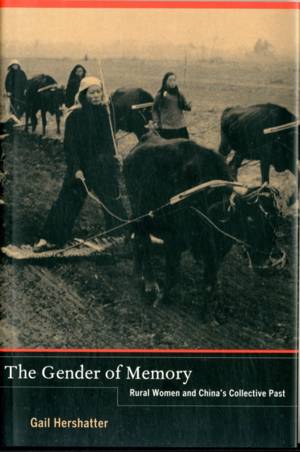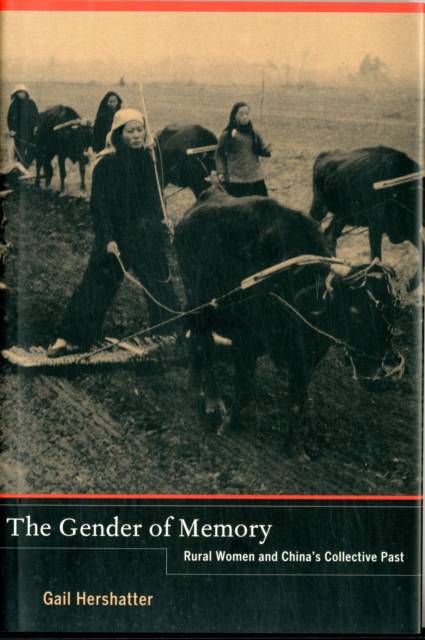
- Afhalen na 1 uur in een winkel met voorraad
- Gratis thuislevering in België vanaf € 30
- Ruim aanbod met 7 miljoen producten
- Afhalen na 1 uur in een winkel met voorraad
- Gratis thuislevering in België vanaf € 30
- Ruim aanbod met 7 miljoen producten
Zoeken
€ 144,45
+ 288 punten
Omschrijving
What can we learn about the Chinese revolution by placing a doubly marginalized group--rural women--at the center of the inquiry? In this book, Gail Hershatter explores changes in the lives of seventy-two elderly women in rural Shaanxi province during the revolutionary decades of the 1950s and 1960s. Interweaving these women's life histories with insightful analysis, Hershatter shows how Party-state policy became local and personal, and how it affected women's agricultural work, domestic routines, activism, marriage, childbirth, and parenting--even their notions of virtue and respectability. The women narrate their pasts from the vantage point of the present and highlight their enduring virtues, important achievements, and most deeply harbored grievances. In showing what memories can tell us about gender as an axis of power, difference, and collectivity in 1950s rural China and the present, Hershatter powerfully examines the nature of socialism and how gender figured in its creation.
Specificaties
Betrokkenen
- Auteur(s):
- Uitgeverij:
Inhoud
- Aantal bladzijden:
- 472
- Taal:
- Engels
- Reeks:
- Reeksnummer:
- nr. 8
Eigenschappen
- Productcode (EAN):
- 9780520267701
- Verschijningsdatum:
- 5/08/2011
- Uitvoering:
- Hardcover
- Formaat:
- Genaaid
- Afmetingen:
- 157 mm x 229 mm
- Gewicht:
- 771 g

Alleen bij Standaard Boekhandel
+ 288 punten op je klantenkaart van Standaard Boekhandel
Beoordelingen
We publiceren alleen reviews die voldoen aan de voorwaarden voor reviews. Bekijk onze voorwaarden voor reviews.











